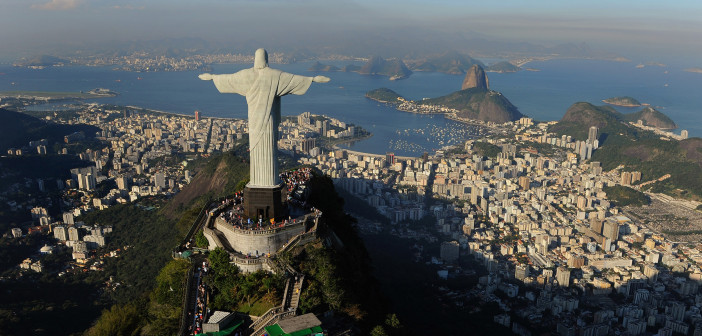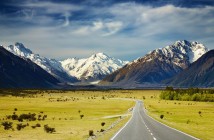The Brazilian government has cut a massive $6 billion from its national budget for 2016 – with the Rio Olympic Games coming up this summer. Fears are growing that there could be a knock-on loss to the Olympic cash supply line from national government of upto $1 billion.
With just five months to go before the world’s athletes assemble for the ‘greatest show on earth’, the President of the Rio Olympics Organising Committee, Carlos Arthur Nuzman was hard-pushed to put on a brave face when he briefed the Press on the cutback. He promised that nothing would affect the services provided to athletes.
The Olympics in Rio de Janeiro will start on 5 August. Brazil and the Rio Olympic Committee are being pressed by the International Olympic Committee to complete the works, conduct test events and gear up for a substantial influx of tourists.
The 2016 Rio Olympics will establish one new milestone – it will mark the first modern Olympics held in South America, and it will re-introduce two historic features because two sports are coming to the Games – rugby returns 92 years after its last appearance, and golf is also back 112 years later.
Brazil is facing serious economic and social problems and the main cuts announced by the government will, it is feared, affect sports facilities and the elimination of temporary construction.
The Olympic Park is the heart of the Rio games in 2016. It occupies an area of 1.18 million square metres and is where 18 Olympic sports and nine Paralympic will be staged. In late January, the progress of works at the Olympic Park reached 97% of the total. Rio de Janeiro is holding test events in May in various locations – Deodoro, Copacabana, Maracana and Barra da Tijuca.
One of the most scrutinised test events was in the water. Problems were found in Guanabara Bay and Rodrigo de Freitas Lagoon, where the water quality is not good. One of the ambitious promises that Rio presented in its application file to the International Olympic Committee to win its Olympic bid, was to clean up the Guanabara Bay. The promise has not been fully completed even after efforts to reduce pollution.
The searing heat of Rio de Janeiro also promises to be an obstacle for athletes. On 28 February, athletes in a test event did not feel well due to the weather. Of the 18 athletes who started, only seven completed the 25 laps on the circuit of 2 km, the same as the Olympic route in August. But August is winter in Brazil and the weather should be nicer.
Last week, the Rio Organizing Committee announced the full script for the Olympic torch relay in Brazil that will begin its journey on 21 April in the Greek city of Olympia, go to Switzerland and will arrive on 3 May in Brasília, the capital of Brazil. In total 329 cities will be visited by the torch relay in 95 days.
The infrastructure in Brazil also begins to prepare to receive visitors from all over the world. The National Public Security Force, which has nearly a thousand soldiers operating in Rio, will consist of civil and military police, experts and firefighters. The soldiers will be at the Olympic venues from 5 July.
With the devaluation of Brazil’s currency, the Real, it is possible that many tourists will be encouraged by bargains to visit Brazil and certainly the government wants to do what it can to encourage visitor numbers. In December 2015, the Brazilian government created a measure exempting visas for the US, Canada, Japan and Australia.
This will apply to tourists from these countries arriving between 1 January and 18 September to stay up to 90 days. Driving will also be liberalised – the National Traffic Council (Contran) published a new rule allowing tourists from 102 countries to drive vehicles in Brazil in the period from 1 July to 31 December 2016. Foreign drivers must carry a driver’s license within the validity period, accompanied by their identification document, observing the traffic laws in force in Brazil.
With 5 months to the start of the Olympics, Rio de Janeiro is getting ready to welcome athletes and tourists. Will it be a great Olympics? The country has beautiful natural scenery and welcoming people. A problem that can be challenging is the infrastructure. The fifth of August is almost here.





